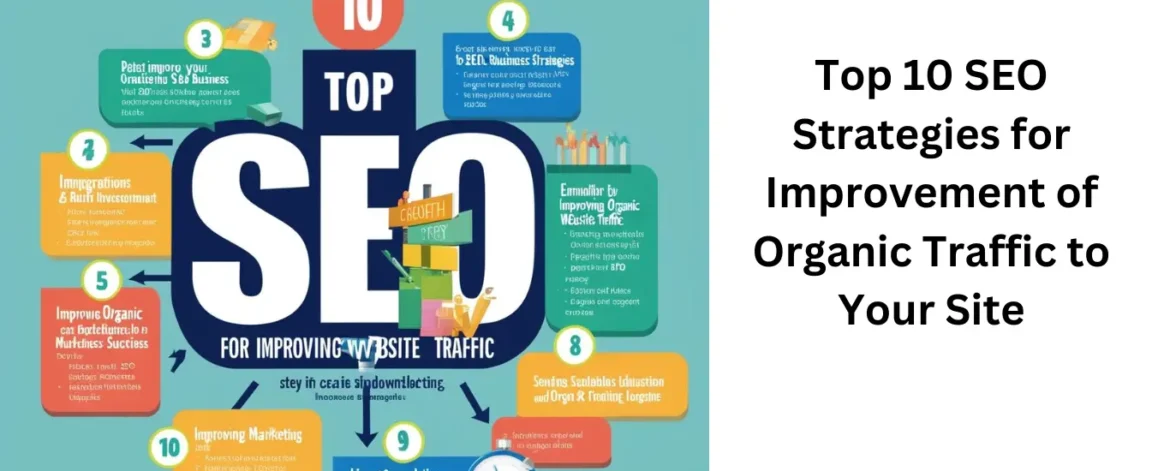Introduction
In a world where everything is digital first, getting your website noticed through the noise online is not easy. Fortunately, with the proper strategies in place, you will attract organic traffic and ensure people find you. Here, we’ll uncover the top 10 SEO strategies, tailored to help business owners, entrepreneurs, and digital marketers like you thrive online
Is it the right fish to catch?
Cast your net over the ocean of potential customers, and bring home nothing because you cast it over the wrong spot. That is what a net cast with irrelevant or very broad keywords feels like.
Start by finding keywords that your target audience is really searching for. Use tools like Google Keyword Planner and SEMrush to find high-volume, low-competition keywords that match your niche. Do not forget to use long-tail keywords, which are usually specific phrases with lower competition but more conversion opportunities; for example, “affordable SEO services for small businesses.”.
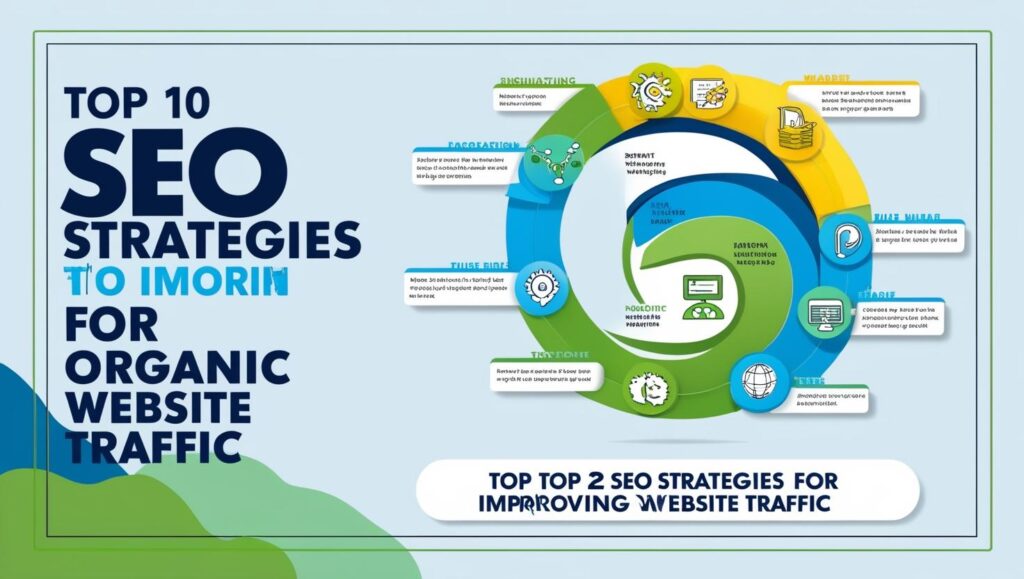
2.Does Your Site Work Well on Phones?
Consider the last time you Googled something on your cell phone. Was the site that popped up when you tapped it easy to use? Or was one of those awful designs that drove you nuts? Doesn’t matter to your prospects.
Search engines love mobile-friendly sites and with good reason. Mobile-generated web traffic is more than 60% of all such traffic. So, improve your site’s responsive design with quick loading times and simple navigation by touch.
That is the way you should look to mobile users. Their comfort and satisfaction in viewing will enhance the chance that your page ranks better on the list.
3.How fresh is your content?
Nobody wants to read yesterday’s news, and search engines feel the same way. Updated content shows that your site is alive and relevant.
Blog posts should be published; old content refreshed with new insights; and a website updated to reflect current trends. For example, if you offer SEO services, why not write a case study about how you improved a client’s rankings? Engaging and actionable content keeps readers coming back for more.
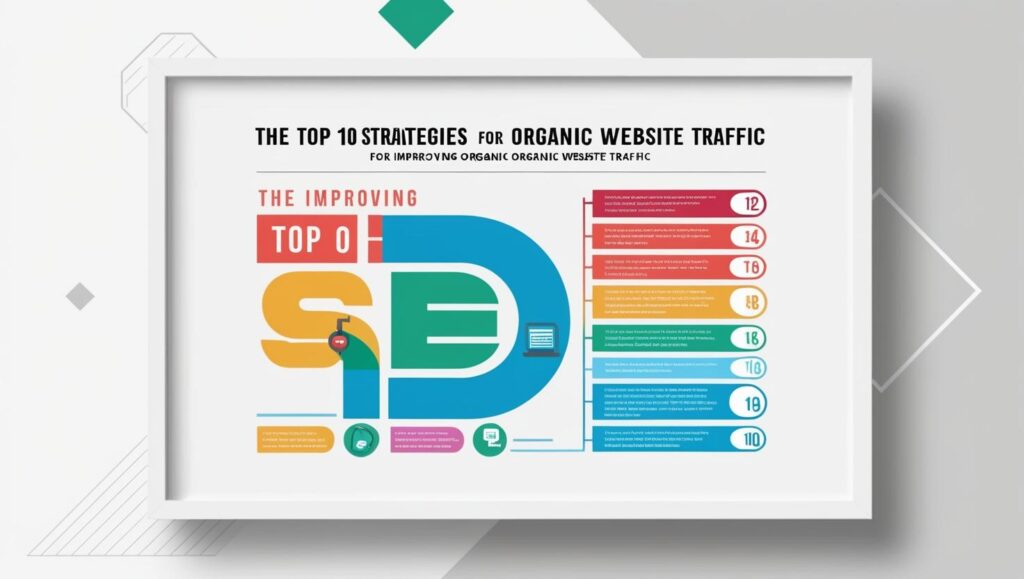
4.Are You Building Quality Backlinks?
Imagine that backlinks are votes of confidence from other websites. The more good votes you have, the more credible you seem to search engines.
But remember that not all backlinks are equal. Focus on acquiring links from relevant and high-quality sites in your niche. Guest blogging, sharing helpful resources, or even co-creating with influencers in your industry are all great ways to build your link profile organically.
5.Does your website load like lightning?
Patience is a virtue, but definitely not in the web browsing world. A slow-loading website could lose you visitors and hurts SEO rankings.
Optimize images, enable browser caching, and strip out unnecessary scripts to make your site load faster. And use tools like Google PageSpeed Insights to help find performance problems you can fix.
.
6.Are you using local SEO?
If your business has a certain area it serves, local SEO is your gold ticket. Claim your Google My Business listing, optimize with keywords, and get customers to leave reviews.
Ensure your NAP is the same everywhere: name, address, and phone number. This boosts your local presence and makes nearby customers come to your door.
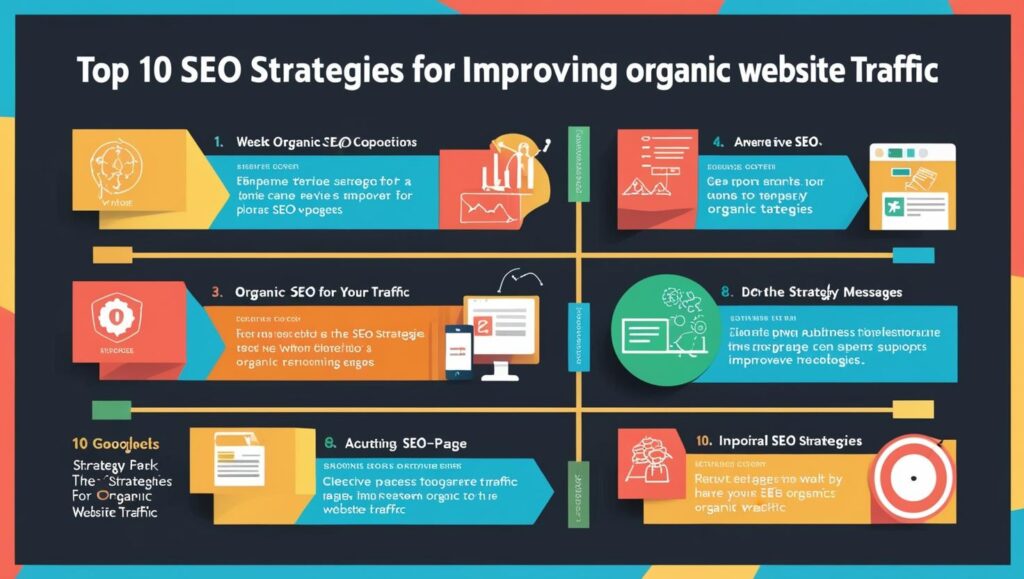
7.Do you master meta tags?
Meta titles and descriptions are tiny in size but can play a big role in terms of search engine optimization. Consider it as a headline and summary which will make users click on it.
Use catchy, keyword-rich meta tags to describe your page accurately. For example, if you offer SEO services, then “Affordable SEO Services for Business Growth” would do the trick for you.
8.Are You Tracking the Right Metrics?
What is working on your site? What isn’t? You can’t possibly know if you’re not tracking.
Google Analytics and Google Search Console may give you some very helpful insights about what’s happening on your website. Take time to understand the organic traffic, bounce rate, average session duration, and make the required adjustments to your tactics
9.Is Your Internal Linking on Point?
Internal linking helps drive users around your website and clearly shows search engines the structure of your content.
As an example, you can link the blog post about “Top Social Media Marketing Strategies” to the service page that provides social media SEO. This keeps users on the page and enhances crawlability.
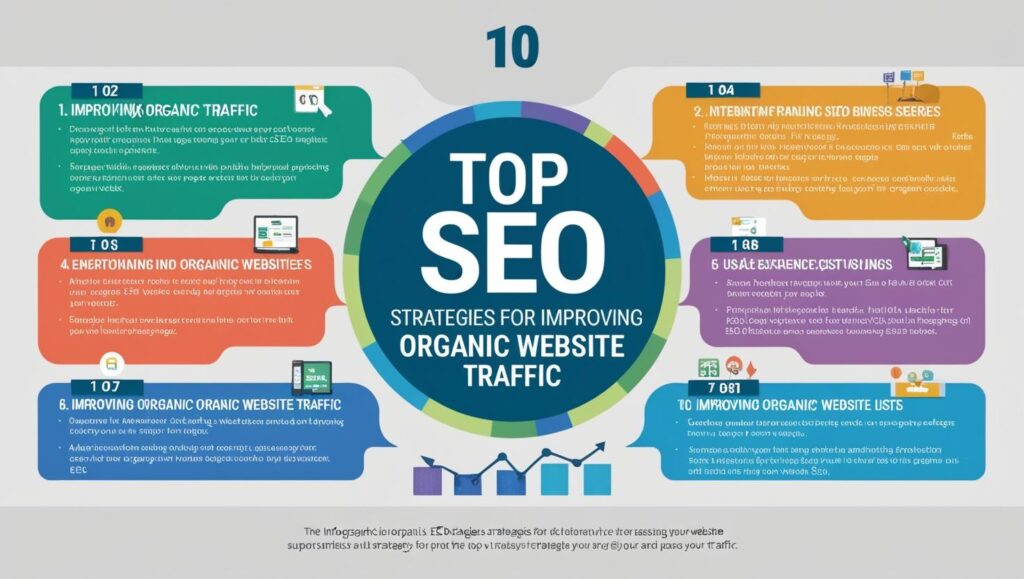
10.Are You Using Social Media to Amplify Your Reach?
SEO and social media are, indeed, two best friends. Even though social signals do not contribute directly to rankings, sharing your content on LinkedIn, Twitter, and Instagram makes it more visible.
The more people share your content, the greater the possibility of acquiring backlinks to drive traffic.
For further inquiries contact us
FAQs
1.What is SEO, and why is it important for my website?
SEO (Search Engine Optimization) involves optimizing your website to rank higher in search engine results. It drives organic traffic, improves visibility, and enhances user experience.
2.How do keywords impact my website’s SEO?
Keywords help search engines understand your content and match it to user queries. Targeting the right keywords improves your chances of reaching your audience.
3.What are backlinks, and how do they benefit SEO?
Backlinks are links from other websites pointing to yours. High-quality backlinks signal credibility to search engines and boost your rankings.
4.How can I make my website mobile-friendly?
Use responsive design, optimize load times, and ensure easy navigation on mobile devices. Tools like Google’s Mobile-Friendly Test can help evaluate your site.
5.How often should I update my website’s content for SEO?
Regular updates keep your site relevant and engaging. Aim to update existing content quarterly and publish new content at least once a month


